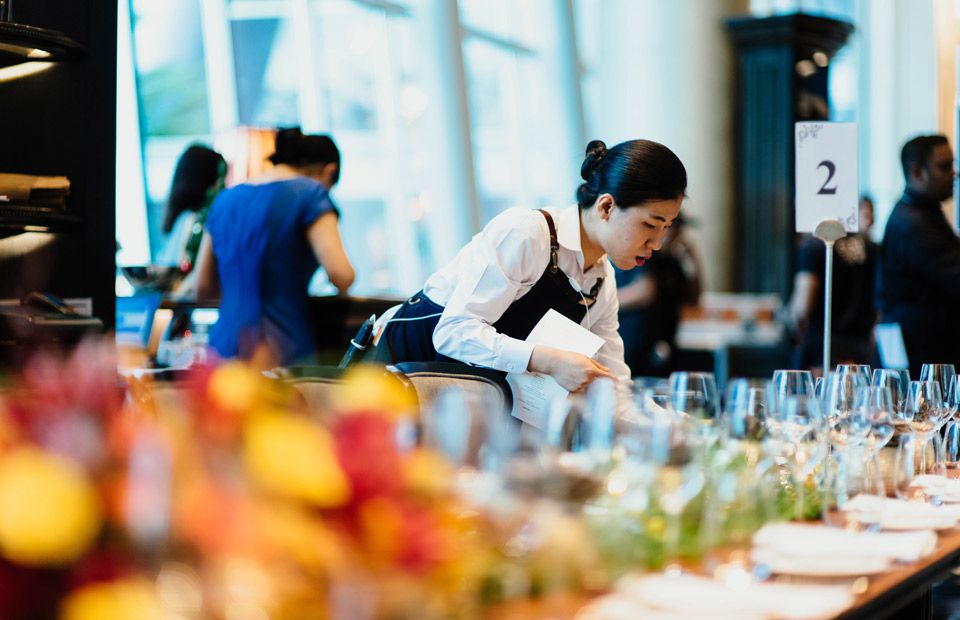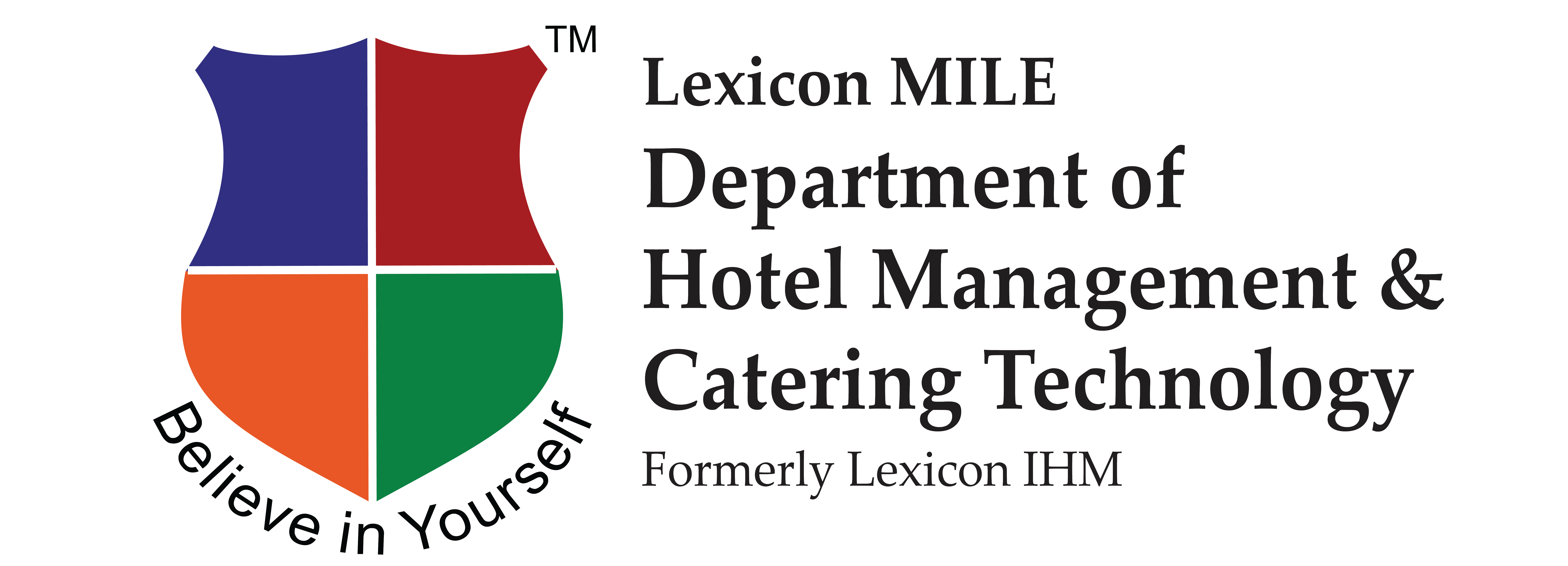
Hospitality is a Life Skill
Hospitality is a life skill and we are bound to agree, as
working in hospitality entails truly collaborating as a team
to get through a difficult shift. It entails interacting with
guests, who you might not have met otherwise. It is amassing
stories, you'd never heard before. It fosters empathy for
people who appear to be difficult on the surface.
Rather than dismissing the elderly lady who insists on her
soup being served hot, perhaps you should ask her how her day
went. Because you might be the only person she speaks to
today.
In short, working in hospitality teaches you real-life soft
skills that will serve you well throughout your life.
Being a Multitasker
Working in the hospitality industry puts you under a lot of
pressure. You sort of snap into motion when you're in it.
You know exactly what needs to be done when it needs to be
done, and in what priority. It not only develops your
intuitive ability, you master the art of reading people’s
minds.
It's 11:45 p.m., and (almost) everyone has left the
restaurant—except for that one couple having a great time!
I'm not sure how you know what to do; you just do it.
It's almost like a dance. You're learning the moves on
the fly, but you keep moving. You realise you did it when you
come out the other side. Not only that, but you have a pocket
full of singles to prove it.
Solve Problems As They Arise.
What happens in a restaurant every day?
Learning how to solve problems on the spot is a valuable life
skill that you can learn in a restaurant. Often, you do not
have the time to seek assistance or advice. Instead, you must
find a solution as soon as possible!
Whatever career path you choose, problem-solving skills will
be required. Some problems are easier to solve than others. If
someone's food isn't to their liking, you can give
them the option to reorder. There are, however, more difficult
issues.
Exercise patience.
That brings me to the next life skill I learned while working
in the hospitality industry: Patience. However, as with many
things in the hospitality industry, you either learn to be
patient or leave.
Patience is demonstrated at the table when you have to wait
for someone who claims to be ready to order but is still
reading the entire menu.
Patience is demonstrated when you encounter someone who has
severe allergies and is meticulous in your efforts to ensure
that no cross- contamination occurs anywhere.
Patience is required when an 18-person party arrives seven
minutes before closing.
Build Relationships
Many hoteliers have bonds with their guests which are far
deeper and meaningful then their blood relationships. These
are forged over the years through repeated interactions and
unselfish giving, which goes beyond business economics. On an
average day, a hotel staff interacts with 20 new people. One
has to work with diverse colleagues to meet the same goal –
‘Meet and Exceed Guest Expectations’. Communicating with and
through people helps nurture creativity and develop ones
outlook towards different types of people and communities.
Throughout our lives, we read books and attend seminars to
imbibe skills like multi-tasking, being proactive while
solving problems, and most importantly, being patient and
build relationships. But the aforementioned examples lay down
how hoteliers eventually become well equipped with such
skills.
This is one industry that develops the personality of the
individual through hundreds of interactions in its daily
chores. One just needs to be alive to the change, it just
happens.
Author -- Gladvin Rego | Anup Sheth | Farheen Belgaumwala | Shubhangini Bhandari

